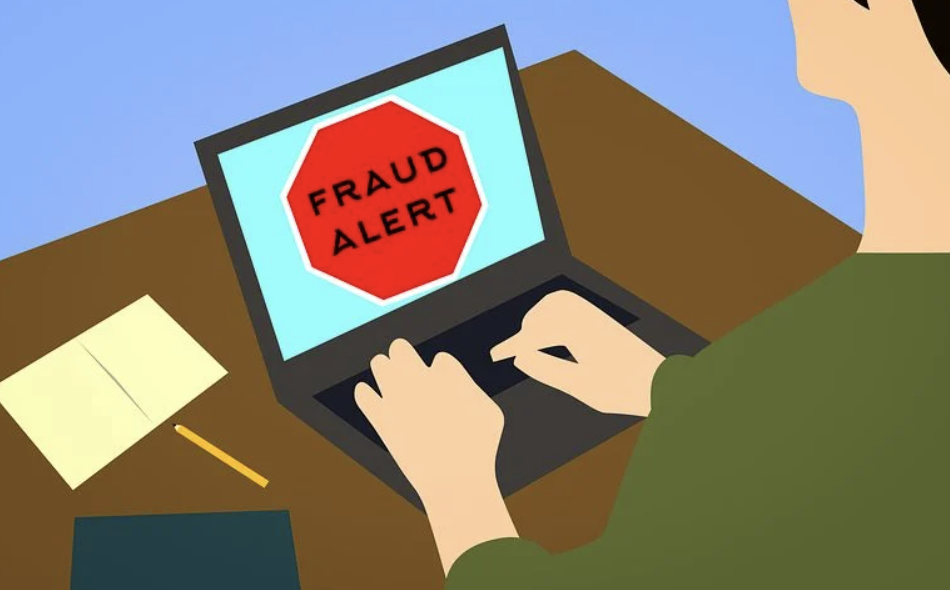We recently wrote about credit freezes and how to employ a freeze at each of the credit reporting agencies. While a credit freeze locks down your credit (you literally have to lift the freeze anytime someone needs access for legitimate reasons) a fraud alert allows creditors to access your credit report so long as they take whatever additional steps you put in place to verify your identity. According to Equifax, fraud alerts are essentially like “red flags” to a creditor, alerting them to dig deeper.
“For example, if you provide a telephone number, the business must call you to verify whether you are the person making the credit request,” according to this information from the FTC.
As the site warns, while a fraud alert might stop someone from opening a new credit account in your name, it won’t prevent anyone from misusing one of your existing accounts, should they get access somehow. Remember, it’s imperative you diligently monitor your bank, credit card, insurance and other statements for any fraudulent activity.
When you place an alert with one of the credit reporting agencies — TransUnion, Experian or Equifax — that company will notify the other companies. Once you place an alert, you do have the option to remove it at any time.
There are three types of fraud alerts available.
- Initial Fraud Alert: “This fraud alert will protect your credit from unverified access for at least 90 days,” according to the FTC. This is the alert you should put on your account if your wallet, Social Security card or other personal info are lost or stolen but you don’t have proof you’re a victim. This requires proof of identity.
- Extended Fraud Alert: Identity Theft Victims should definitely place an extended fraud alert on their account, which lasts for seven years. This requires a copy of the identity theft police report.
- Active Military Duty Alert: This alert is for active members of the military who want to minimize their risk of identity theft while on deployment. It lasts a year.
You can place any of these alerts by visiting one of the crediting reporting agencies websites.
Here are the links:
- www.transunion.com/fraud-victim-resource/place-fraud-alert
- www.equifax.com/credit/fraud-alerts/&
- www.experian.com/fraud/center.html
Are you covered for identity theft?
Get Covered
Image: Pixabay

